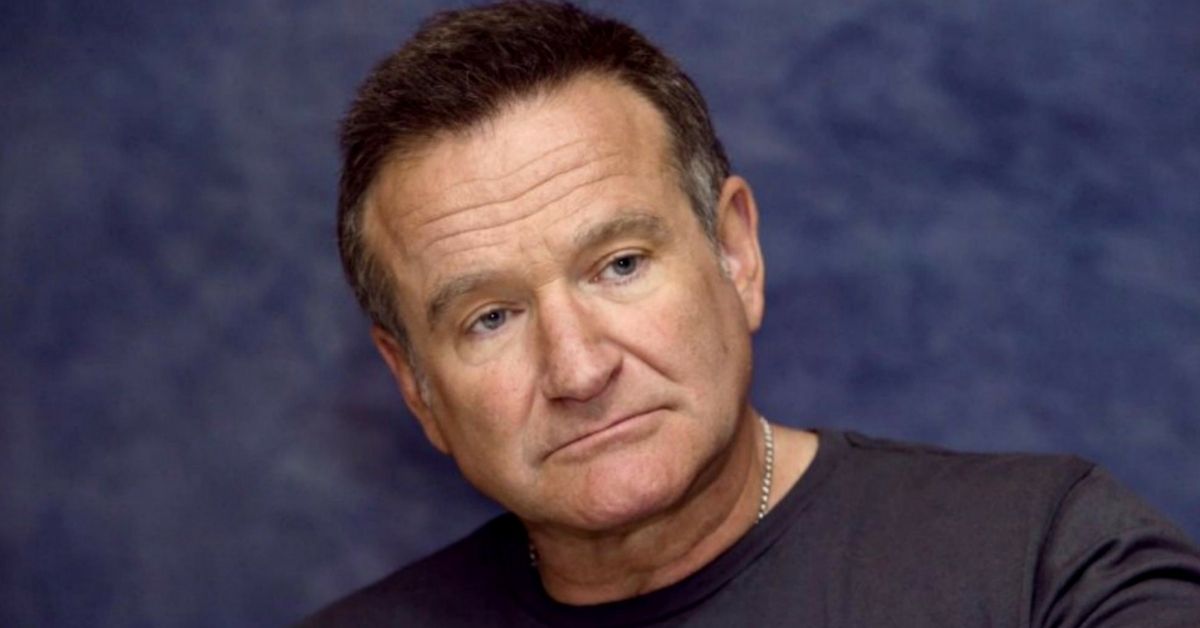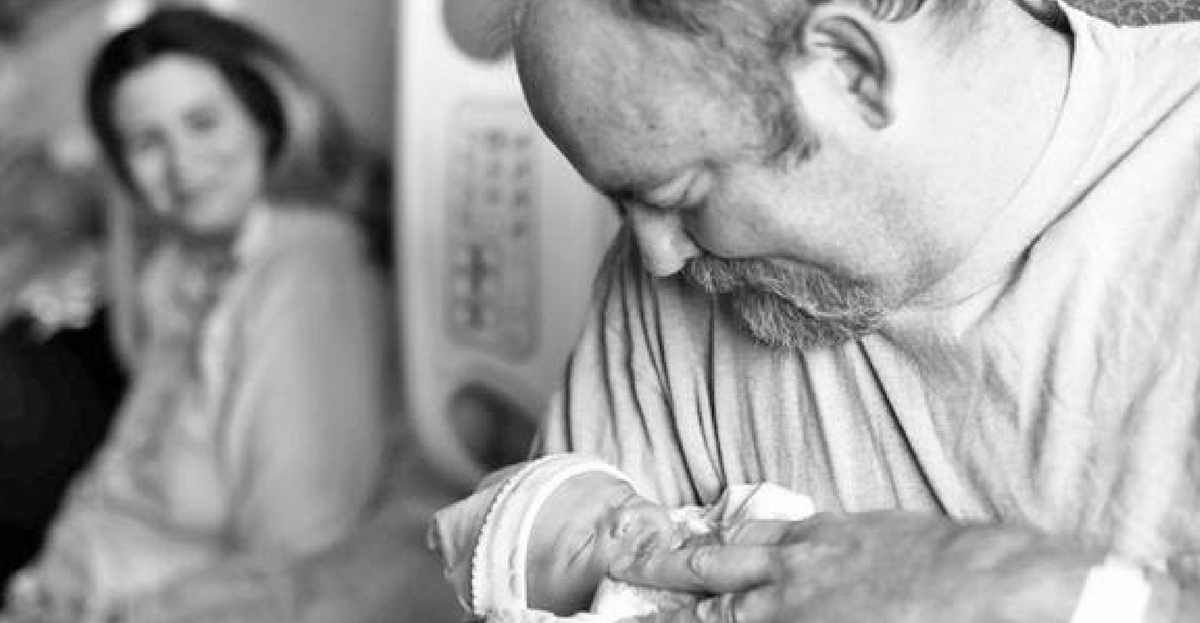On August, 11, 2014, the world woke up to the devastating news that beloved actor, comedian, and philanthropist Robin Williams had died.
The 63-year-old actor endured a lifelong battle with mental illness and substance abuse, and unfortunately it culminated in him taking his own life. Williams was found unresponsive inside his home in Paradise Cay, California after hanging himself, according to the Marin County Sheriff's Office.
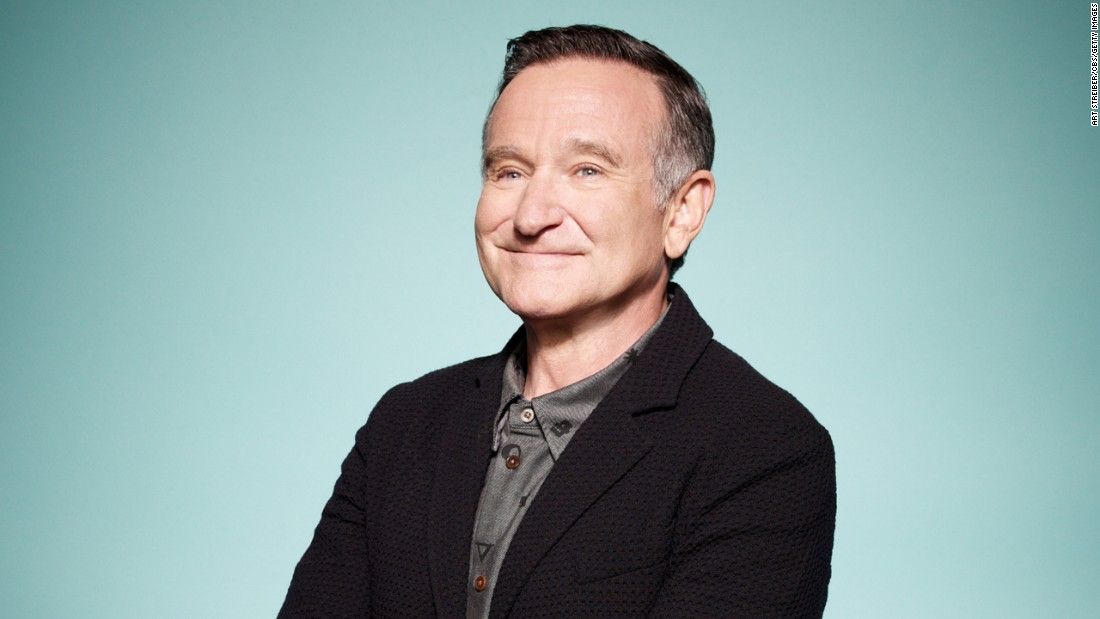
Contrary to popular belief, Williams did not take his life because he suffered from manic-depression. His widow, Susan Schneider, revealed that her husband actually suffered from Lewy body dementia (LBD). She described the disease as "chemical warfare in the brain" and that "no one could have done anything more for Robin."
Lewy body is a form of difficult-to-diagnose dementia with symptoms such as slowed motor function, depression and hallucinations.
As expected, Williams's sudden demise took quite a toll on his family. His daughter, actress Zelda, took time out of the spotlight to grieve, and didn't publicly speak about her father for nearly a year after the tragedy.
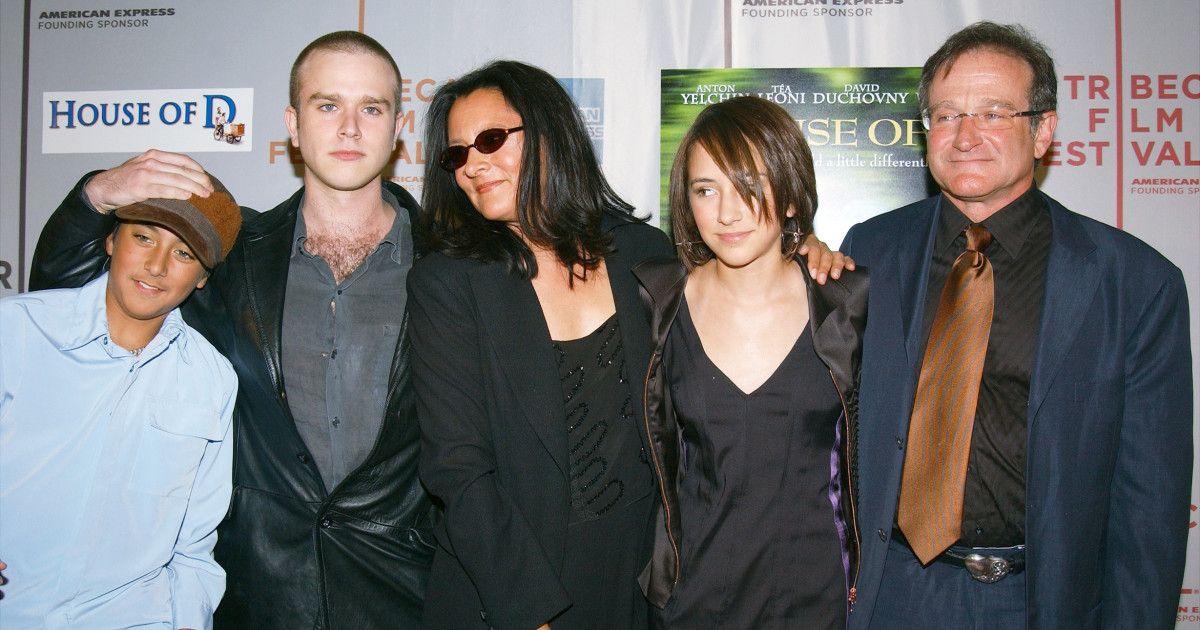
On the first anniversary of the prolific entertainer's passing, his son, Zak, told People that the family was still "moving through the process of healing and recovering."
It's been nearly four years since Williams passed, but the heartbreaking impact it has had on the rest of society is only coming to light now.
According to a very recent study published in the journal PLOS ONE, there's been an increase in suicides since Williams's death.
In the four months after Williams took his own life, researchers noted that there was a 10% spike in the number of suicide-related deaths in the United States.
The "celebrity-suicide effect" is not necessarily a new phenomenon, but this is the first time that researchers have measured its consequence.
"This is the first study to examine the consequences of a celebrity suicide in the digital era," said David S. Fink, lead author of the study and a post-doctoral researcher in epidemiology at the Mailman School of Public Health at Columbia University.
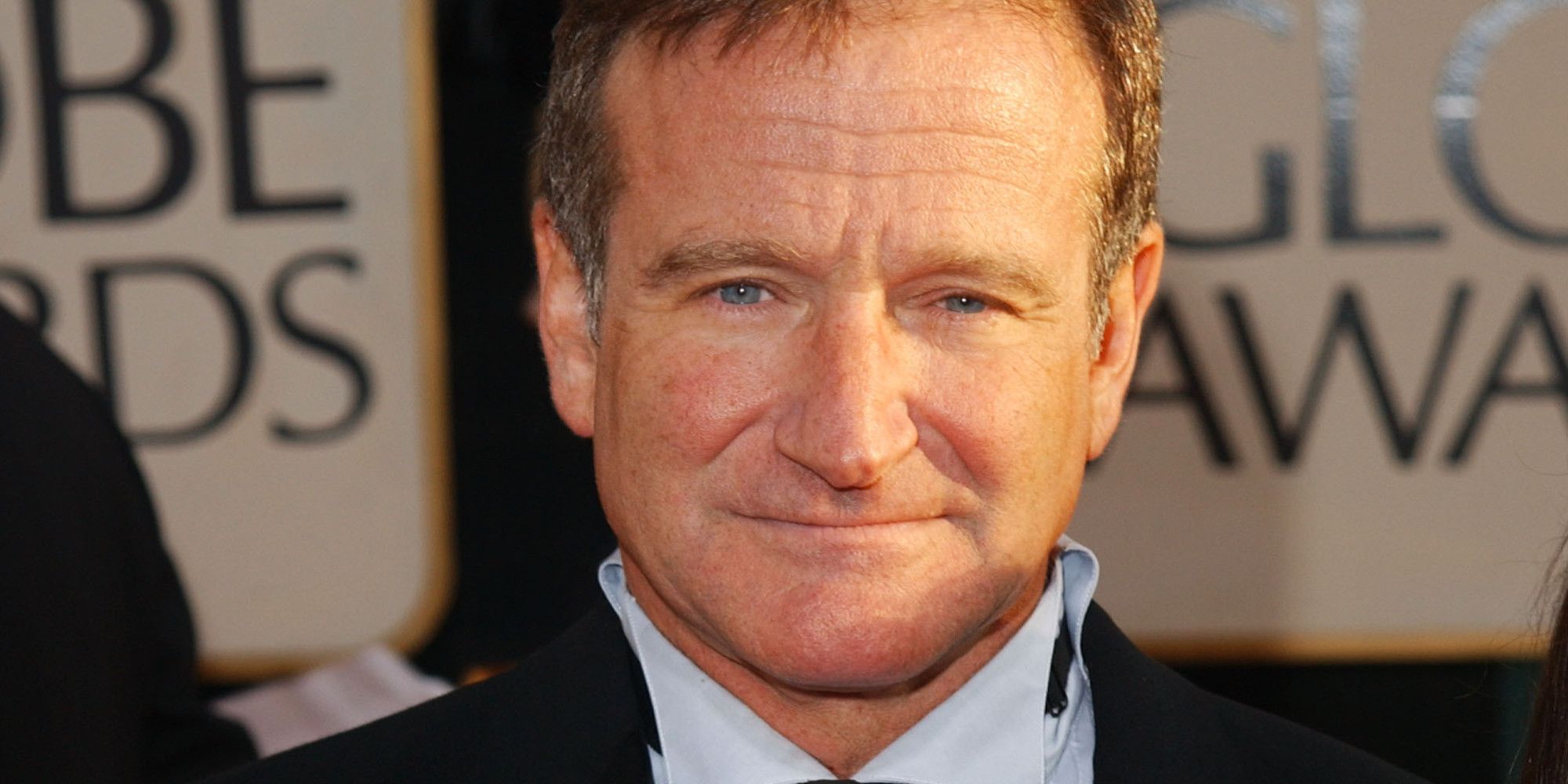
Fink and his team analyzed monthly suicide rates in the U.S. based on data collected by U.S. Centers for Disease Control and Prevention between January 1999 and 2015 so they could create a forecast for the expected number of suicides after Williams's death.
They estimated that 16,849 cases would occur from August to December 2014, but to their surprise, that number increased by 1,841.
To further prove that more copycat suicides do indeed occur shortly after a celebrity's death, the researchers also looked at the methods by which the suicides were carried out. They discovered a greater-than-expected number of cases where individuals died by suffocation, which includes hanging. In fact, there was a 32% increase in the method used by Williams, while other methods only rose by 3%.
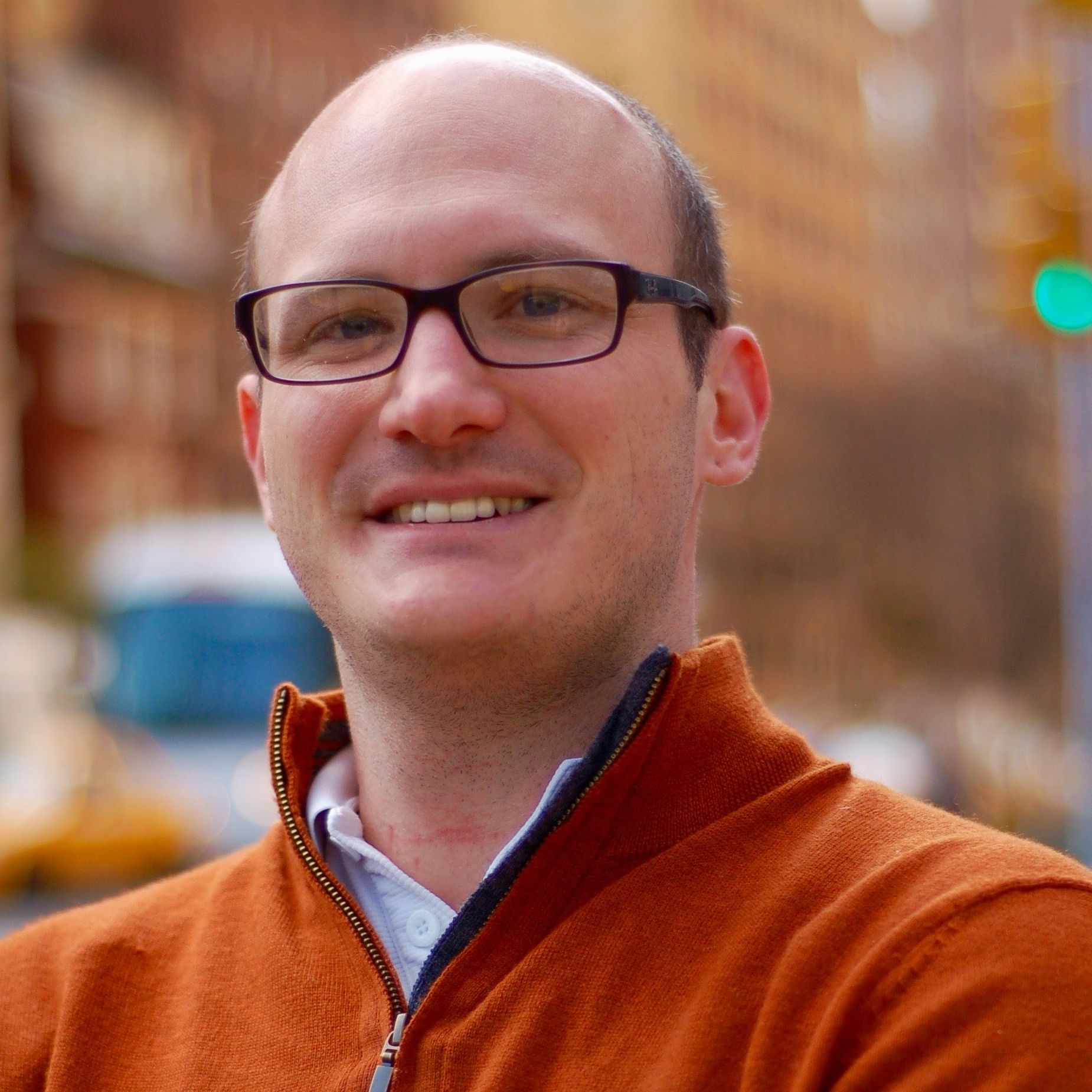
Fink says that one explanation for the rise in suicide by suffocation cases could be the fact that at there was "a dramatic increase in news media reports on suicides and Robin Williams during this same period."
"This study supports much of what we already know about the influence our environment has on our behaviors in general and suicide in particular," Fink continued. Policy-makers and researchers need "to better understand the role that traditional and social media have on suicidal behaviors to understand how to better mitigate these deaths."
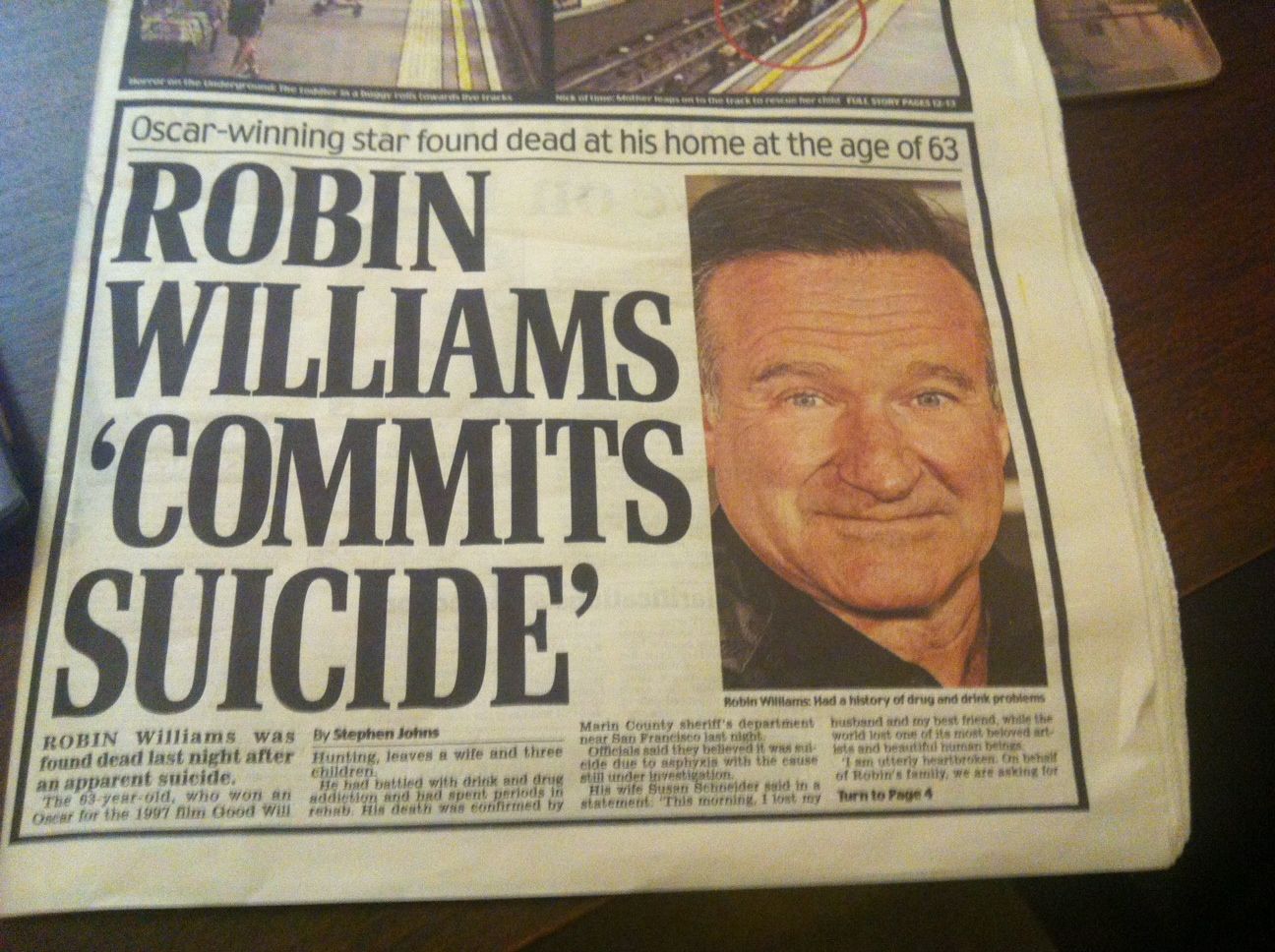
In fact, suicide is such a trigger topic that the World Health Organization established media guidelines for reporting high-profile deaths. When discussing suicide, WHO urges the media not to "mention the modality of suicide, don't dwell on the suicide act or speculate on the reasons why, and paint suicide as a rare event that should be avoided."
These findings will hopefully create a better understanding around the importance of careful reporting when it comes to suicide, especially when it involves a public figure like Williams. This "may have played a pivotal role in preventing subsequent suicides," said Fink.
If you or someone you know may be contemplating suicide, call the National Suicide Prevention Lifeline at 1-800-273-8255.
